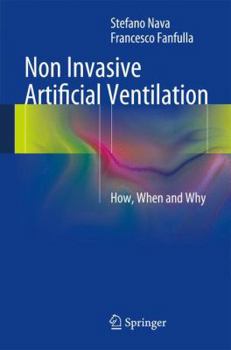Non Invasive Artificial Ventilation: How, When and Why
Over the last two decades, the increasing use of noninvasive ventilation (NIV) has reduced the need for endotracheal ventilation, thus decreasing the rate of ventilation-induced complications. Thus, NIV has decreased both intubation rates and mortality rates in specific subsets of patients with acute respiratory failure (for example, patients with hypercapnia, cardiogenic pulmonary edema, immune deficiencies, or post-transplantation acute respiratory failure). Despite the increased use of NIV in clinical practice, there is still a need for more educational tools to improve clinicians' knowledge of the indications and contraindications for NIV, the factors that predict failure or success, and also what should be considered when starting NIV. This book has the dual function of being a "classical" text where the major findings in the literature are discussed and highlighted, as well as a practical manual on the tricks and pitfalls to consider in NIV application by both beginners and experts. For example, setting the ventilatory parameters; choosing the interfaces, circuits, and humidification systems; monitoring; and the "right" environment for the "right" patient will be discussed to help clinicians in their choices.





